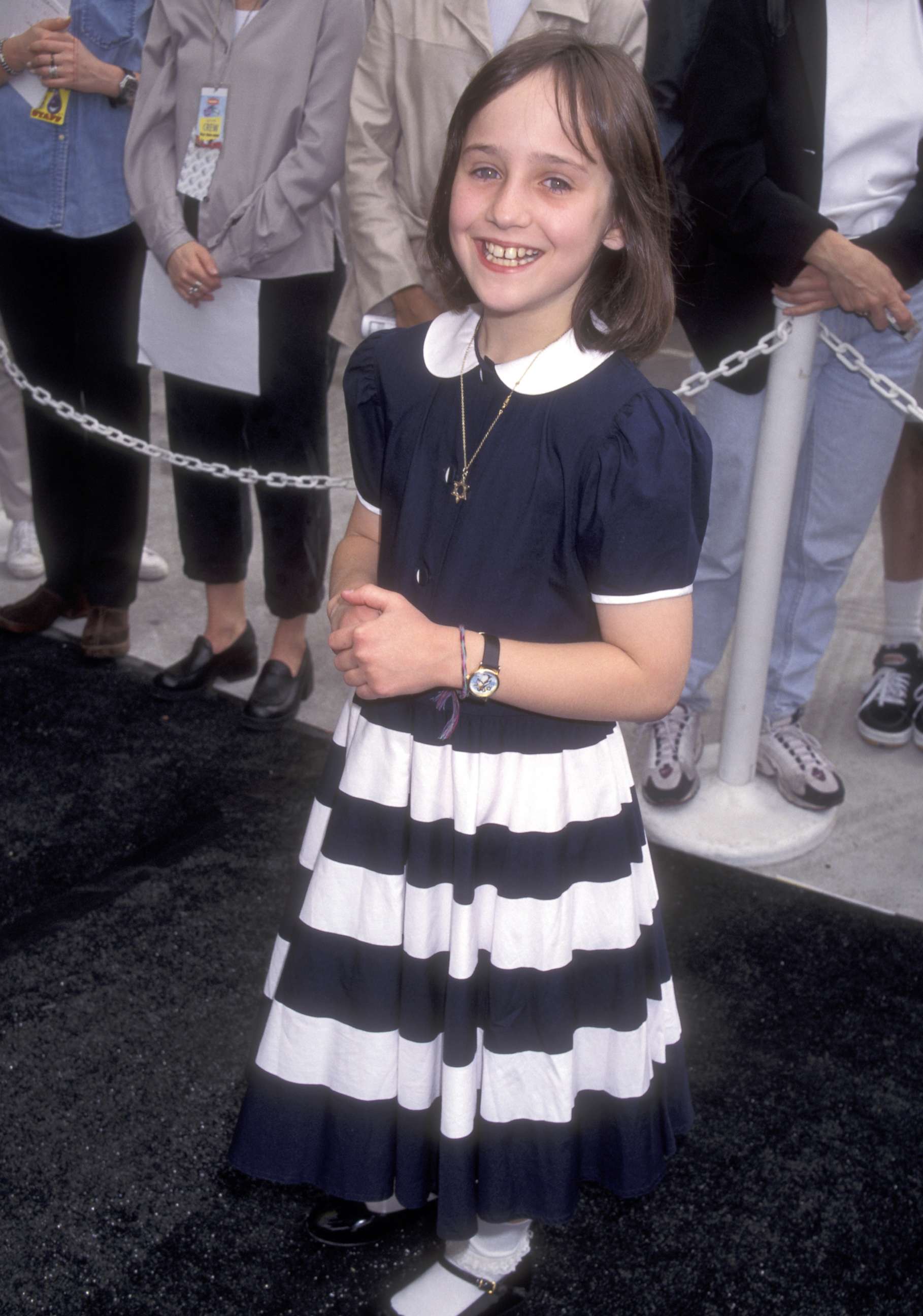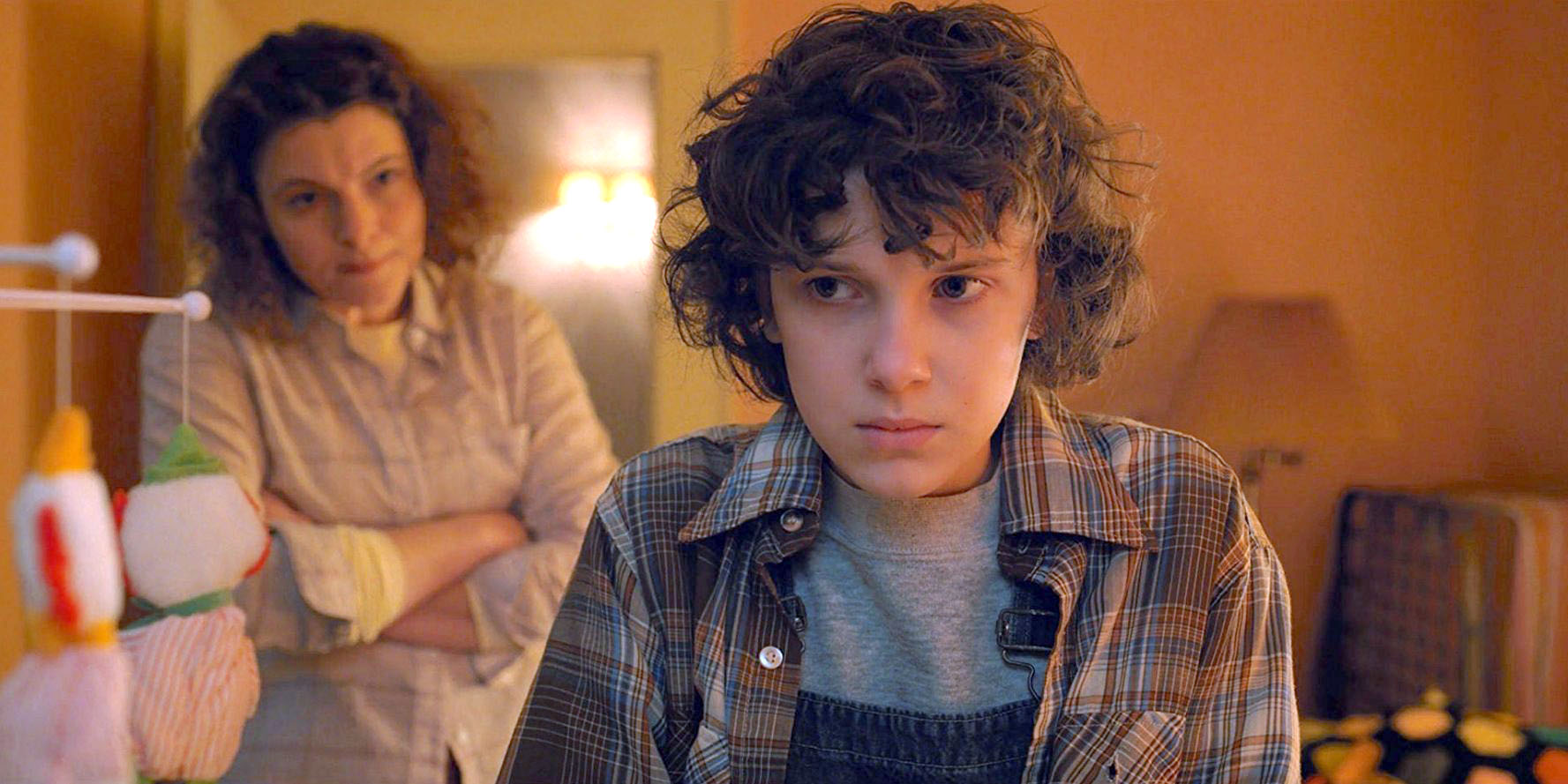Mara Wilson slams 'creepy' way public 'sexualizes young girls'
"A 13-year-old girl is not all grown up," she wrote in Elle.
— -- Actress Mara Wilson penned an essay this week recounting some of the times she says she was objectified by older men while she was still in her teens. The former child star also used those experiences to call for more respect for young actresses today.
Wilson -- who starred in hits like "Matilda" and "Mrs. Doubtfire" and has since become a published author -- began her essay in Elle with a story about a man named "Don, or maybe Doug," who mailed her a fan letter years back that read, "I love your legs” and “Can I have your lip print on the enclosed index card?”
"I was 15," she wrote.

"As soon as I’d hit puberty, it had become okay for strangers to discuss my body," Wilson added.
But Wilson, now 30, said that watching "Stranger Things" recently brought back those same feelings she had more than 15 years ago -- this time with an urgency to protect the show's young stars.
"Like everyone, I was impressed with the child actors ... Millie Bobby Brown, as Eleven, especially stood out," she wrote. "Then Millie Bobby Brown turned 13. Last week, I saw a photo of her on Twitter, dressed up for a premiere. I thought she looked like a teenage girl. The caption, however, read that, at 13, she 'Just grew up in front of our eyes.' It had been tweeted by a grown man."
Wilson felt "sick" and "furious" for Brown and actresses like her.
"A 13-year-old girl is not all grown up," Wilson wrote.
But she also took aim at those who criticized Brown's appearance with comments like, "She looks so old! Why is she dressed like that?”

"Dressed like what, exactly? A teenage girl who, like all teenage girls, wants to look pretty?" Wilson wrote. "The implication was that if a young girl in the public eye showed anything that could even possibly be construed as an expression of her sexuality, she would be an acceptable target for scorn or harassment."
And while Wilson said there has rightfully been a lot of talk about sexual harassment in Hollywood recently, she wrote that she also wants to shed light on "the creepy, inappropriate public inclination to sexualize young girls in the media."
"The media has become democratized; social media and user-generated content mean anyone can write about anyone, and there is a good chance anyone will see it. We are all part of the media, but I don’t know if we’ve realized that yet," she added.
Wilson said she just wants people on social media platforms like Twitter, Facebook, and Instagram to think more about children, who are still in their formative years, before commenting on posts.
"I don’t think people want to accept ... how many Don-or-Dougs there are out there. Some of these predators might be unreachable, completely unable to understand their actions. Child stars are seen as theirs: their property, their fantasy," she wrote. "The sad and scary truth is that they have greater access to child stars these days."
And while nobody in this day and age can ever be protected all the time, Wilson closes by writing, "We need to acknowledge this, and we need accountability."
Representatives for Wilson and Brown did not immediately respond to ABC News' requests for comment.



